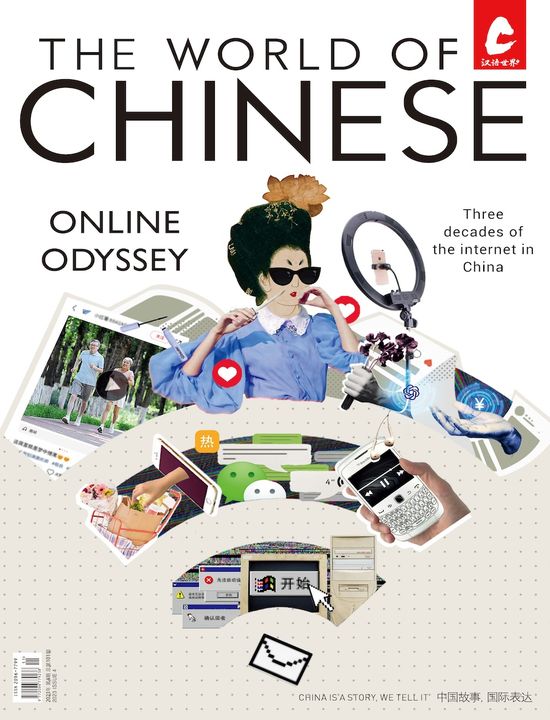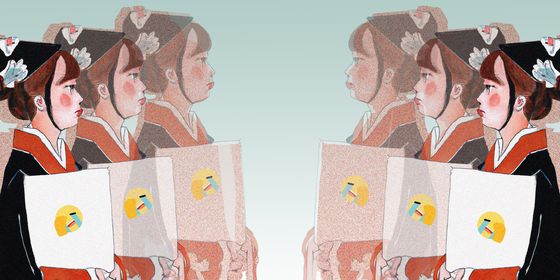Chinese millennials' latest "rebellious" buzzword is actually ancient (in internet terms)
Another day, another attempt by English-language media to sniff out the seeds of revolution. Multiple international news outlets have recently latched onto two Chinese internet buzzwords: “Lying flat” (躺平) and “involution” (内卷).
The two terms are joined at the hip: If “involution” can be defined (as anthropologist Xiang Biao did for The New Yorker) as “the experience of being locked in competition that one ultimately knows is meaningless,” then “lying flat” is the logical apathetic reaction. But presenting this as a “new trend” implies a sudden and dramatic shift in Chinese culture, making it feel perfectly natural for The Washington Post to describe it as an act of “rebelling against society.”
Is it, though? Although the blog post that started the lying flat phrase in China seems to have been deleted, and domestic talking heads wheeled out to express disapproval, this says less about the subversiveness of this mentality than it does about the one-size-fits-all methods of Chinese censorship and mainstream media, which have in the past stopped WeChat users from sending stickers of former president Jiang Zemin slurping coffee and written with grave seriousness on the illegality and “unacceptable” nature of a Hong Kong protest-themed cake.
The idea that overburdened Chinese netizens will actually lay down their tools (and bodies) in protest is doubtful, and not just because they can’t afford to: Despite these two phrases being fresh off the internet mint, millennial white-collar workers have been coining dozens of similar buzzwords to vent their frustrations for at least half a decade, and likely will continue to do so. For many, it’s a chance to share a grim laugh rather than a genuine act of resistance.
These buzzwords all tap into the ennui and cynicism in developed societies worldwide, where work cultures like “996” (working from 9 a.m. to 9 p.m., six days a week) leave white-collar workers emotionally exhausted, and feeling powerless against a ruthless competition rigged against them.
“Lying flat” and “involution” are just the tip of the iceberg. From “salted fish” to “corporate cattle,” here are some other colorful phrases Chinese netizens use to complain about modern life:
The Chinese term sang (丧 sàng) meaning “disheartened” or “depressed,” was originally used in the context of deaths and funerals. In the mid-2010s, though, it spawned an entire subculture as response to skyrocketing house prices, a ruthless job market, and pressure to marry. Millennials who identify with the sang mentality choose to withdraw from the competition for material success, instead wallowing in their lack of motivation and labeling themselves as losers. It traces its origins at least as far back as the 2016 "Ge You slouch" meme, which is a viral screenshot of a character from the early 1990s sitcom I Love My Family (played by actor Ge You) reclining apathetically on a couch.














